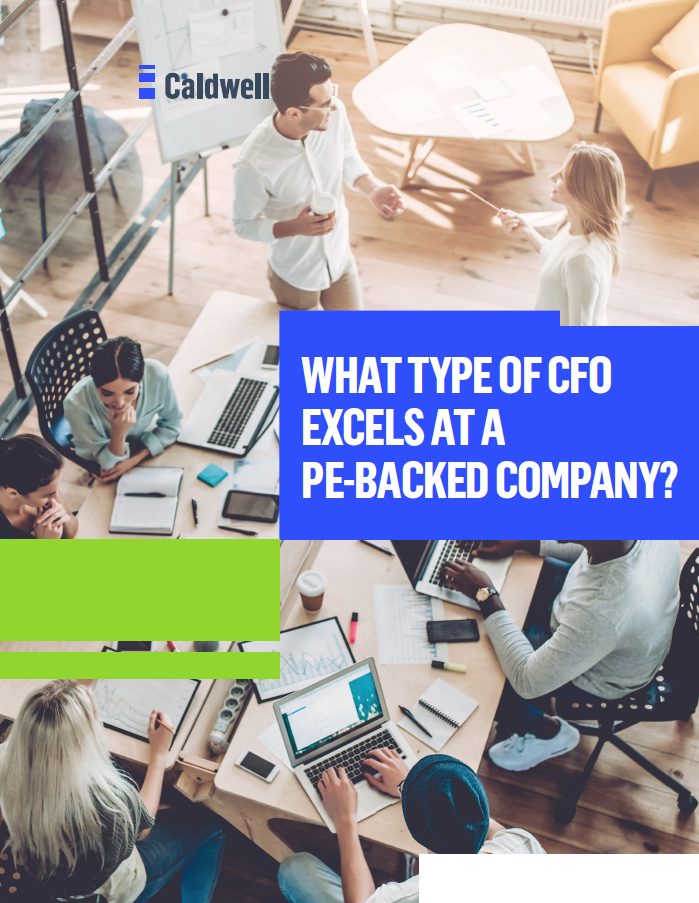We asked: What type of CFO excels at a PE-owned company?
When companies seek funding, private equity firms often step in to provide the necessary financial boost. However, many organizations are unaware of the changes required in exchange for this investment.
Picking Up the Pace
To ensure sound investments, private equity firms often require organizations to transform the way they operate. A hallmark of these partnerships is the need for speed and agility. While public companies typically report progress and results quarterly, private equity firms demand more frequent engagements, even on a monthly basis. This accelerated pace allows for better alignment with the investment objectives and enhances the potential for growth.
The CFO’s Essential Role
The CFO plays a pivotal role in gauging the need for change within private equity-owned companies. While the CEO is the primary partner, it is the CFO who serves as a key conduit to assess the soundness of the investment and ensure the organization is growing at the desired pace. Les Gombik, managing partner at Caldwell’s Calgary office, emphasizes that private equity firms often have a shorter-term view, typically spanning five to seven years. As a result, CFOs must navigate with a greater sense of urgency and purpose to avoid wasting time.
Stepping Up to the Challenge
CFOs in private equity-owned companies face higher expectations for bottom-line results, increased nimbleness, and a faster pace of work compared to their counterparts in non-private equity-owned businesses. Private equity firms often have more involvement in day-to-day decisions than a CFO might expect, and this should be embraced as an opportunity to align with the firm’s strategic objectives.
Data and Analytics: The Key to Success
Confidence in data plays a crucial role in private equity firms’ decision-making processes. CFOs with strong analytical skills and comfort with technology are highly sought after. It is common practice for CFOs to upgrade their systems and implement advanced analytics tools to better collect and utilize data. This allows for more informed decision-making and provides the necessary insights to drive growth and ensure the security of the investment.
Operating within a private equity-owned corporate environment requires a unique set of skills and traits. Not all professionals, including CFOs, possess the DNA needed to excel in this space.
Discover the eight essential qualities of a successful PE-backed CFO in our latest whitepaper.
